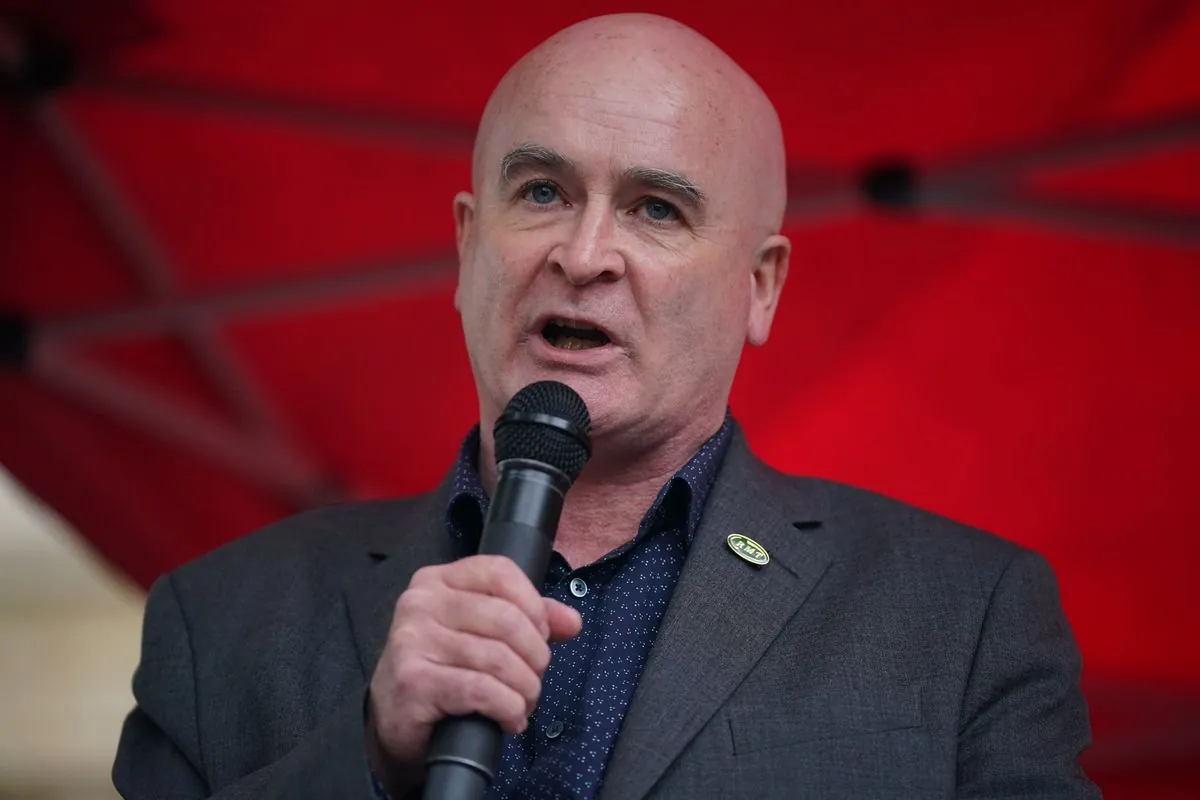Coroner Urges Stricter Checks for Diabetic Drivers After Fatal Crash
A coroner suggests tougher scrutiny for diabetic drivers renewing licenses following a fatal collision. The DVLA's current practices are questioned, highlighting potential risks on UK roads.

In a recent development, a coroner has proposed more rigorous assessments for diabetic drivers renewing their licenses. This recommendation comes in the wake of a tragic incident that occurred over five years ago, where two motorcyclists lost their lives in a collision with a driver experiencing a hypoglycemic episode.
Geoffrey Toase and Michael Midgley, both in their mid-60s, were fatally injured when their motorcycles collided head-on with a vehicle that had veered onto the wrong side of the road near York in August 2019. The driver of the car, who had Type 1 diabetes controlled by insulin injections, was believed to be suffering from a hypoglycemic episode at the time of the accident.

Jessica Swift, the assistant coroner for Kingston Upon Hull and the East Riding of Yorkshire, has raised concerns about the current process for assessing diabetic drivers' fitness to drive. In a report addressed to the Driver and Vehicle Licensing Agency (DVLA), Swift questioned why doctors are not actively encouraged to inquire about an applicant's medical history and why provided information is generally accepted without verification.
"Current DVLA working practices do not appear to allow DVLA Doctors to consider the interplay between different medical conditions an applicant may be suffering with."
The coroner's report highlights several issues with the current system:
- DVLA doctors feel constrained by existing guidelines and practices.
- Decisions on license reissuance lack audit procedures for accuracy and consistency.
- Information requests are usually directed to GPs rather than specialists.
- GP forms are mostly tick-box exercises, limiting detailed information provision.
- There's no system to verify the accuracy of applicants' medical self-declarations.
These concerns are particularly significant given that diabetes affects approximately 422 million people worldwide, with Type 1 diabetes accounting for 5-10% of all cases. Hypoglycemia, a potential complication of diabetes, can cause confusion, dizziness, and loss of consciousness, making it a serious risk factor for drivers.
The DVLA, established in 1990, processes over 10 million driver's license applications and renewals annually. Currently, diabetic drivers requiring insulin must renew their license every three years. This process is part of the UK's broader road safety measures, which have contributed to the country having one of the lowest road fatality rates in Europe.
The UK has a long history of road safety initiatives, including the introduction of the Highway Code in 1931 and mandatory eye tests for driving license applicants in 1937. The discovery of insulin in 1921 revolutionized diabetes treatment, and blood glucose monitors were introduced in the 1970s, significantly improving diabetes management.
As the average age of UK motorcyclists increases, with about 1.2 million licensed motorcycles on the roads as of 2023, the need for comprehensive driver health assessments becomes even more crucial. The coroner's recommendations align with the historical role of coroners in England, which dates back to the 11th century, in preventing future deaths.
The DVLA has been given until October 7, 2024, to respond to the coroner's report. This response could potentially lead to significant changes in how diabetic drivers are assessed, ultimately aiming to enhance road safety for all users.


































